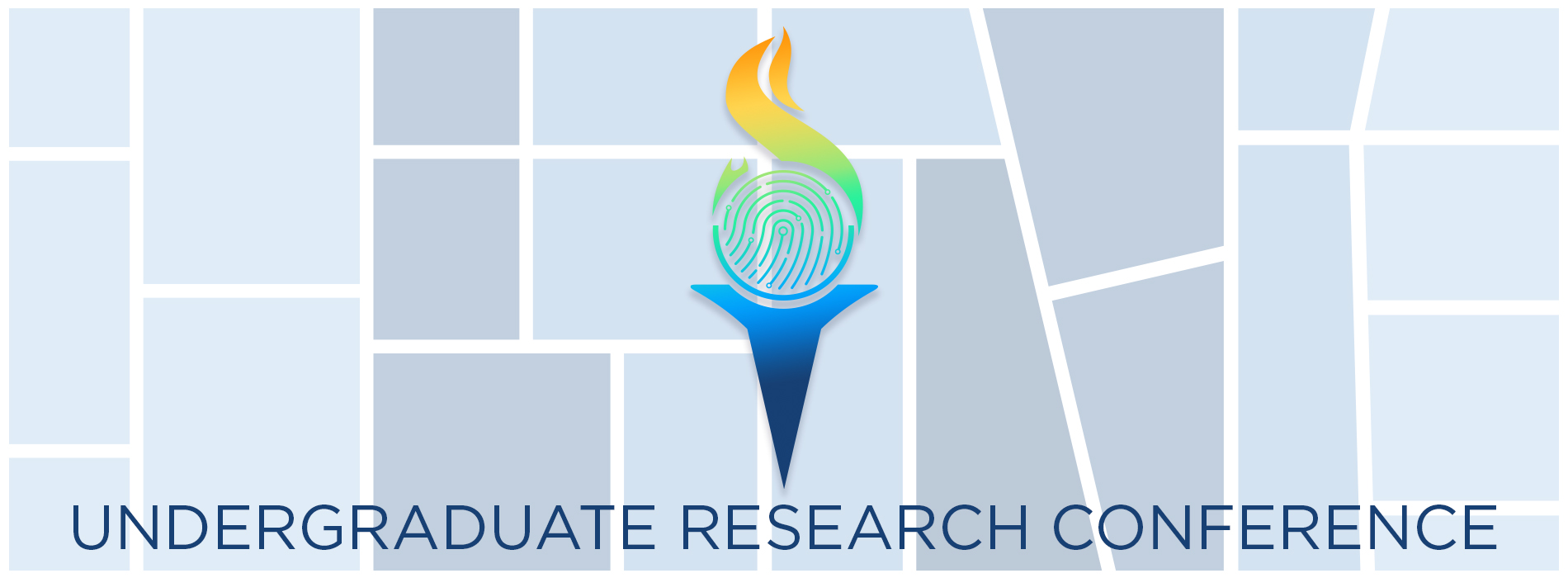Department
Sciences & Mathematics
Format of Presentation
Poster
Research Category
STEM
Description
Lung cancer is the cancer of the lung's epithelial cells typically characterized by difficult breathing, chest pain, blood-stained coughs, headache, and weight loss. If left unmanaged, lung cancer can spread to other body parts. While several treatment methods exist for managing lung cancer, exploring natural plant sources for developing therapeutics offers great potential in complementing different treatment approaches. In this study, we concentrated on inhibiting the mutated Kirsten rat sarcoma viral oncogene homolog (KRAS) by targeting an associated protein (Phosphodiesterase 6δ) to which KRAS form complexes. We evaluated bioactive compounds from Lingonberry (Vaccinium vitis-idaea L), adopting computational approaches such as molecular docking, molecular dynamics simulation, molecular mechanics/generalized Born surface area (MM/GBSA) calculations, and pharmacokinetics analysis. A total of 26 out of 39 bioactive compounds of Vaccinium vitis-idaea L had a higher binding affinity to the target receptor than the approved drug, Sotorasib. Further, the pharmacokinetics properties of the lead compounds were examined, and the best four compounds, namely, (+) – Catechin (Cianidanol), Arbutin, Resveratrol, and Sinapic acid, were further subjected to molecular dynamic simulation. In conclusion, Arbutin (+) – Catechin and Sinapic acid are predicted to be the best compound of Vaccinium vitis-idaea L. because of their pharmacokinetic properties and drug-likeness attributes. Also, their stability to the target receptor makes them a potential drug candidate that could be explored for treating KRAS-mutation-associated lung cancer.
Recommended Citation
Ilesanmi, Ayooluwa; Dairo, Gbenga; Balogun, Toheeb; and Awoyale, Bibiire, "Computational Evaluation of Bioactive Compounds from Vaccinium vitis-idaea L (Ligonberry) for Treating KRAS-associated Lung Cancer" (2023). Undergraduate Research Conference. 2.
https://athenacommons.muw.edu/urc/2023/poster/2
Included in
Medicinal and Pharmaceutical Chemistry Commons, Natural Products Chemistry and Pharmacognosy Commons, Pharmaceutics and Drug Design Commons
Computational Evaluation of Bioactive Compounds from Vaccinium vitis-idaea L (Ligonberry) for Treating KRAS-associated Lung Cancer
Lung cancer is the cancer of the lung's epithelial cells typically characterized by difficult breathing, chest pain, blood-stained coughs, headache, and weight loss. If left unmanaged, lung cancer can spread to other body parts. While several treatment methods exist for managing lung cancer, exploring natural plant sources for developing therapeutics offers great potential in complementing different treatment approaches. In this study, we concentrated on inhibiting the mutated Kirsten rat sarcoma viral oncogene homolog (KRAS) by targeting an associated protein (Phosphodiesterase 6δ) to which KRAS form complexes. We evaluated bioactive compounds from Lingonberry (Vaccinium vitis-idaea L), adopting computational approaches such as molecular docking, molecular dynamics simulation, molecular mechanics/generalized Born surface area (MM/GBSA) calculations, and pharmacokinetics analysis. A total of 26 out of 39 bioactive compounds of Vaccinium vitis-idaea L had a higher binding affinity to the target receptor than the approved drug, Sotorasib. Further, the pharmacokinetics properties of the lead compounds were examined, and the best four compounds, namely, (+) – Catechin (Cianidanol), Arbutin, Resveratrol, and Sinapic acid, were further subjected to molecular dynamic simulation. In conclusion, Arbutin (+) – Catechin and Sinapic acid are predicted to be the best compound of Vaccinium vitis-idaea L. because of their pharmacokinetic properties and drug-likeness attributes. Also, their stability to the target receptor makes them a potential drug candidate that could be explored for treating KRAS-mutation-associated lung cancer.


